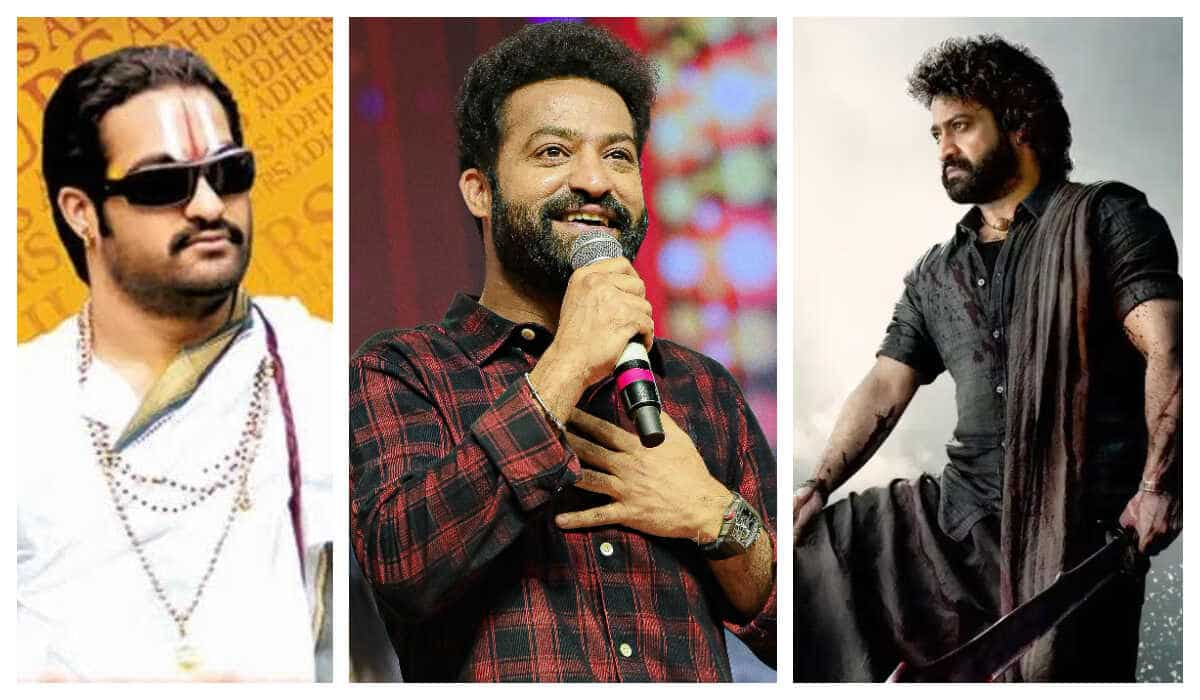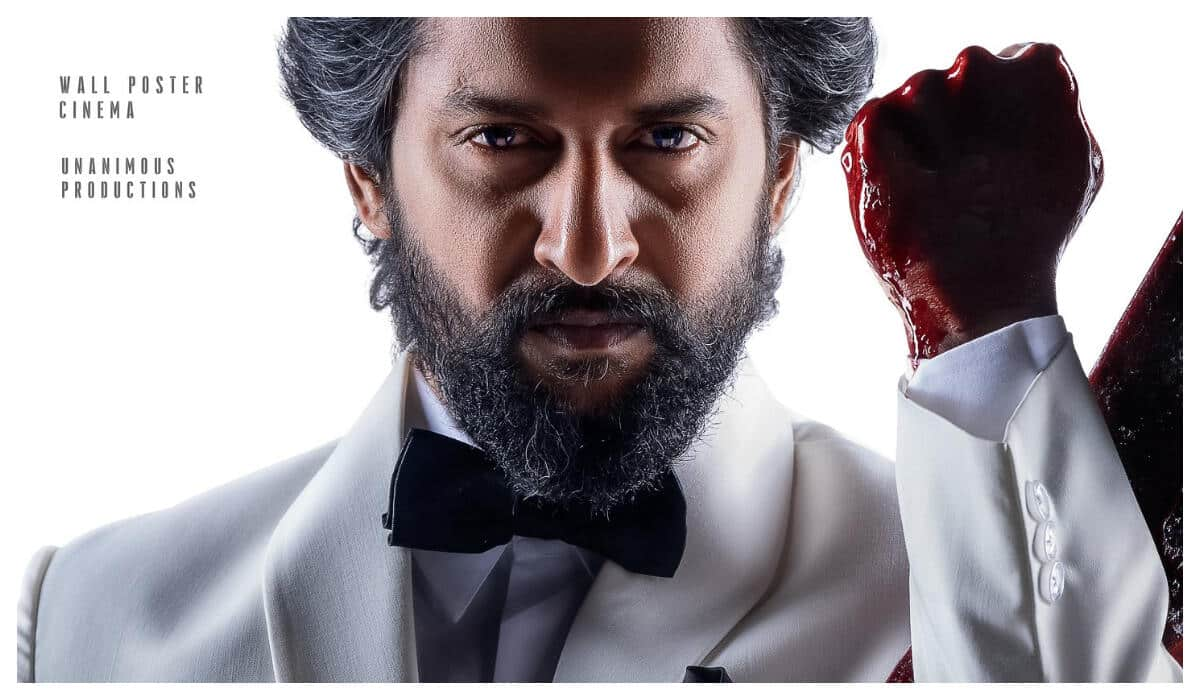
What is the best age to marry? Pros and cons of marrying in your 20s, 30s, 40s and beyond
4 months ago | 5 Views
Without trying to oversimplify things, is there a magical age for settling down? Sure, a number of factors will determine whether or not you and your partner should consider marriage, but what is the best age to get married? Since the answer isn't straightforward, we asked Nupur Dhakephalkar, founder and chief clinical psychologist of the Center for Mental Health, to weigh in.
Fair warning: you'll either find it really reassuring or completely disagree. Also, it's important to remember that these are broad generalisations.
Are you ready for marriage?

First things first: How do you know you are ready for marriage? Nupur says being ready for marriage goes beyond feeling deeply in love; it’s about shared values, commitment, and emotional resilience.
She says, “Couples who are ready for marriage typically show strong communication skills, a willingness to navigate disagreements respectfully, and an understanding of each other's goals, both individually and as a couple. You’ll know you’re ready when you feel secure and supported, are able to discuss difficult topics without fear, and have aligned on your vision for the future — whether it’s finances, family, or lifestyle.”
This begs the question: is there a right age to get married? Nupur says the best time to marry is less about a specific age and more about being at a place of personal, emotional, and financial readiness. According to her, "The right time to marry is when both partners have developed a clear sense of self, know what they want from a partner, and feel ready to build a life together. Ideally, this means reaching a point in life where you have developed a stable sense of self, personal goals, and the ability to communicate and resolve conflicts constructively."
Studies indicate that people who marry after their mid-20s often report greater marital satisfaction and have lower divorce rates, largely because they have had the opportunity to pursue personal growth, education, or career goals independently, Nupur adds. A study for the Institute for Family Studies looked at data (2006-2010) from the National Survey of Family Growth (US) and found that prior to age 32, each additional year of age at marriage reduces the odds of divorce by 11 percent.
What to know about getting married in your 20s

Marrying in your 20s can be a fulfilling experience, especially for couples who approach it with strong communication, mutual respect, and aligned values, according to Nupur. "Early marriage can bring unique opportunities to grow together, building a shared foundation during an exciting, transformative phase of life. However, the 20s are also a period of intense personal growth, which can present challenges. This is often when people explore their identities, career paths, and life goals, meaning they may undergo significant changes over time," she says.
So, are there any cons to getting married young? One potential risk for young couples is that they may encounter shifts in personal priorities or social circles, which can introduce unexpected strains into the relationship, Nupur says. At this age, individuals are still developing self-awareness, confidence, and stability, and as such, their priorities might evolve in ways neither partner could have anticipated, she adds.
"Couples who navigate these changes well are often those who stay open to evolving together, maintaining a willingness to communicate and adapt. The key to resilience in early marriage is intentionality — being prepared for growth, embracing change, and keeping lines of communication strong throughout the journey," Nupur says.
Marriage in 30s or 40s and beyond

If you're in your 30s or nearing the big 4-0, chances are that you probably feel some sort of pressure to marry, whether from yourself, your family, or society. But, marrying later in life can bring a range of advantages, according to Nupur.
"By their late 30s or 40s, many individuals have a clearer sense of their personal values, goals, and what they truly seek in a partner, which can lead to greater compatibility and deeper relationship satisfaction. The added life experience often means couples feel more emotionally and financially stable, which contributes to resilience within the marriage," she says.
However, marrying later also has its potential challenges. People may become more accustomed to their routines and lifestyle preferences, which can make compromising and blending lives a bit more complex, Nupur says. Additionally, for those who desire children, biological factors may create added considerations and pressures.
Nupur says, “The success of a later marriage often lies in balancing a strong sense of self with openness to adapt and grow together, creating a partnership that respects individuality while embracing the journey forward as a team.”





















